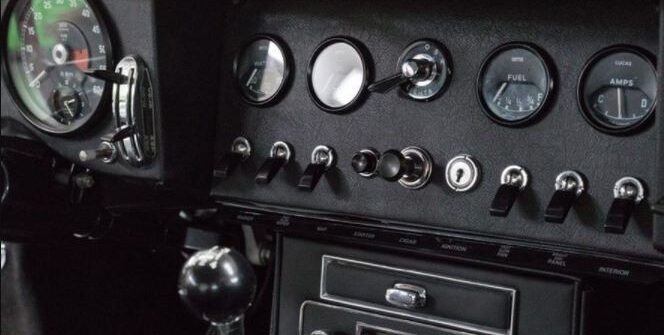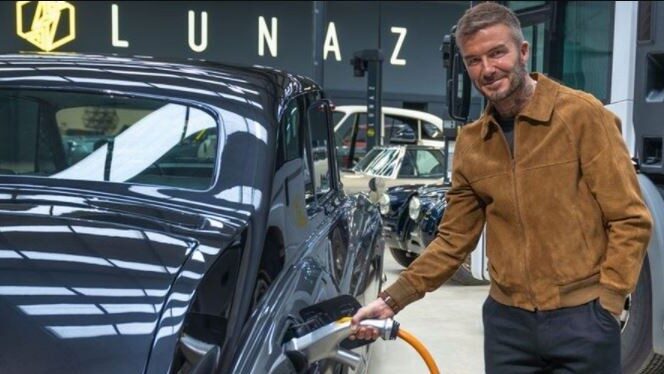TECH NEWS – Oswald is an oldtimer car, a black 1953 Morris Minor. But it’s as quiet as a mouse after a recycled electric motor replaced its fossil fuel-drinking heart. The new solution is increasingly changing the elegant and futuristic image of electric vehicles (EVs).
Oldtimer Oswald is owned by Matthew Quitter, who, on a mission to help save old petrol cars from the scrap heap, converted them to battery-powered and founded a company called London Electric Cars back in 2017. Based in a garage under a railway arch in Vauxhall, the company replaces the internal combustion engines in classic cars with electric motors and batteries that would otherwise be scrapped.
These parts typically come from crashed EVs, such as Teslas and Nissan Leafs, that insurers have written off, but their motors and batteries have not been damaged. “We are the ultimate in recycling,” says Mr Quitter. The company currently charges around £20,000 per conversion, anything but cheap. But the company says it aims to bring that cost down to £5,000 to make it affordable for as many people as possible.
While the UK government currently provides a £2,500 subsidy towards the cost of buying a new electric car, Mr Quitter says they should also consider introducing support for conversions. “It’s a disaster that there are millions of old [petrol and diesel] cars on our roads, and governments’ EV rebates are encouraging scrappage,” he says. “The government needs to offer affordable conversions for cheap old cars to make use of scrapped EV batteries – the price of raw materials for which are still skyrocketing,” he adds.
Steve Drummond, who runs another company that converts old cars to electric power – Electrogenic in Oxford – agrees. “The incentives are to buy new EVs, but that would be throwing away a whole car when all you’d need to do is replace the engine,” he says.
A spokesman for the Department for Transport says the ministry is looking into the issue: “Retrofitting vehicles with batteries is an emerging market, and we are working with researchers in green travel“. In the meantime, some financial incentives are available for classic cars converted to electric drives. As with all classic cars (cars built before 8 January 1981 are currently considered classic cars in the UK), they are exempt from road tax if they are not used for commercial purposes.
In addition, insurance for classic cars is generally cheap, at least if the vehicle does not cover many kilometres. However, if you convert your vehicle to electric power, you will have to inform your insurer, which may increase your premium. What is certain is that converting an old car to an electric operation produces less carbon dioxide (CO2) than making a new electric car.
According to the UK government-funded Zemo Partnership (formerly known as the UK’s Low Carbon Vehicle Partnership), a new pure electric car typically produces 18 tonnes of CO2 over its lifetime, 46% of which is generated during production. This compares to 24 tonnes for a conventional petrol vehicle.
Source: BBC News




![No One Can Say "Yeah..." as Badass as Keanu Reeves in the John Wick: Chapter 4 Trailer [VIDEO]](https://thegeek.games/wp-content/uploads/2022/07/theGeek-John-Wick-Keanu-Reeves-2-302x180.jpg)












Leave a Reply